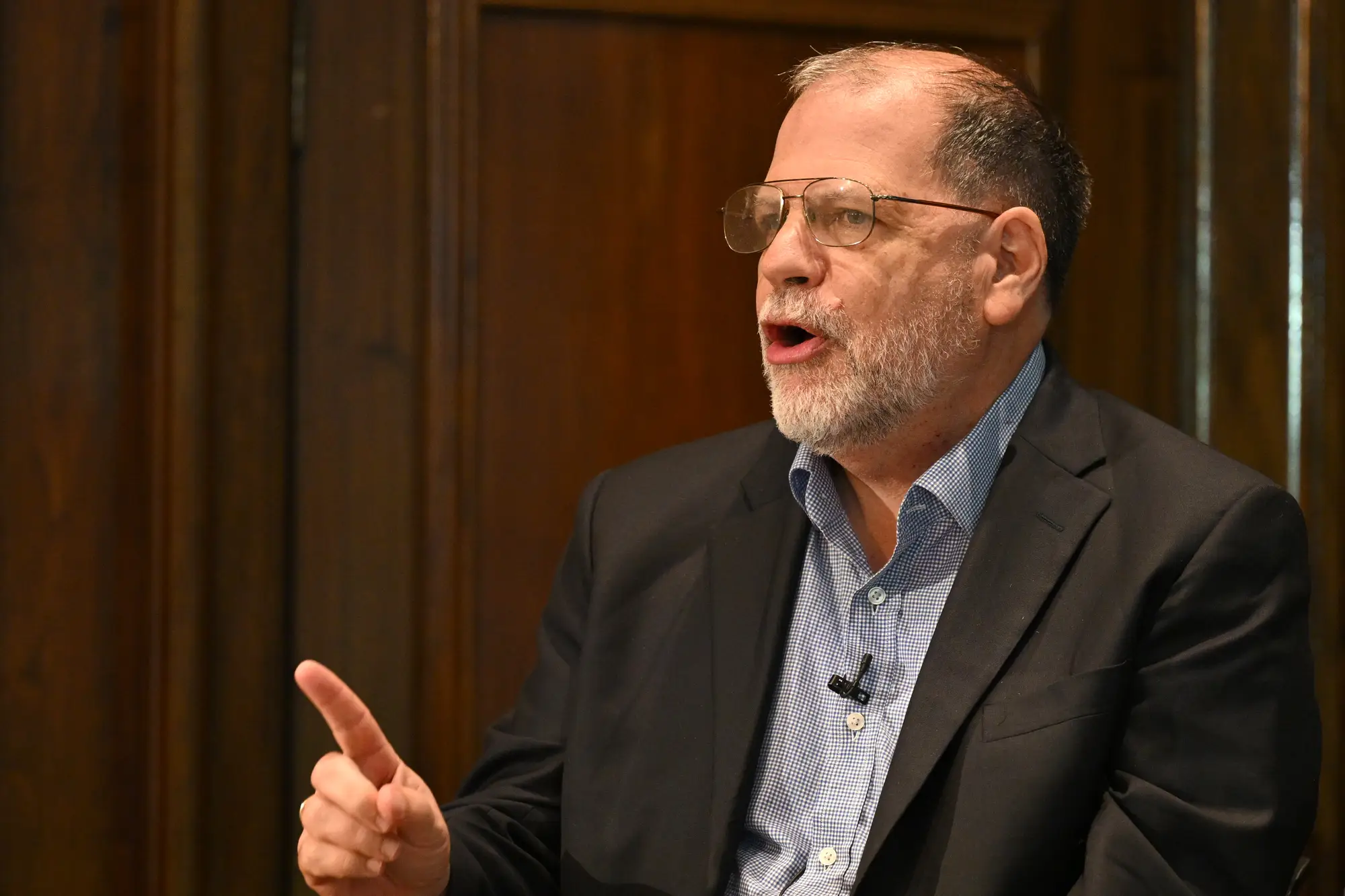AI Isn’t Just Helping Students Cheat — It’s Revealing a Broken System

You can read the full article here on Business Insider.
Published: August 2025
Summary
As AI tools like ChatGPT become increasingly integrated into student life, many educators have scrambled to prevent cheating and plagiarism. But economist Tyler Cowen argues the real problem is deeper — and far older. In a July 2025 Business Insider interview, Cowen suggests that if AI can easily complete tasks we assign to students, those tasks may be the problem.
Rather than focusing solely on detection and punishment, Cowen urges schools and universities to confront a harder truth: our current assessment models are built for a pre-AI era. Rote learning, formulaic essays, and easily “googleable” questions have long encouraged shallow understanding. Now, AI simply exposes that.
Cowen advocates for more human-centred models of education — especially mentorship-based learning and oral examinations, which demand spontaneity, synthesis, and real comprehension. These approaches, he argues, are much harder for AI to fake and more likely to reveal authentic student growth.
With schools worldwide investing in AI detectors and surveillance tools, the real opportunity might lie in reinventing how we assess and engage students — not in fighting the tools themselves.
Reflection
As a teacher, it’s hard not to resonate with Cowen’s critique. In subjects like Psychology or Science — where students can now generate fairly convincing essays or reports with a single prompt — it becomes obvious which tasks actually require thought, and which ones just test compliance.
I’ve seen first-hand how some students use AI as a shortcut, but I’ve also seen how others use it as a launchpad. The key seems to be designing activities that require dialogue, reflection, and interpretation — skills that can’t be so easily automated.
Maybe this is the wake-up call education needed. Not to ban or restrict AI, but to raise the standard of what we ask students to do with it.
